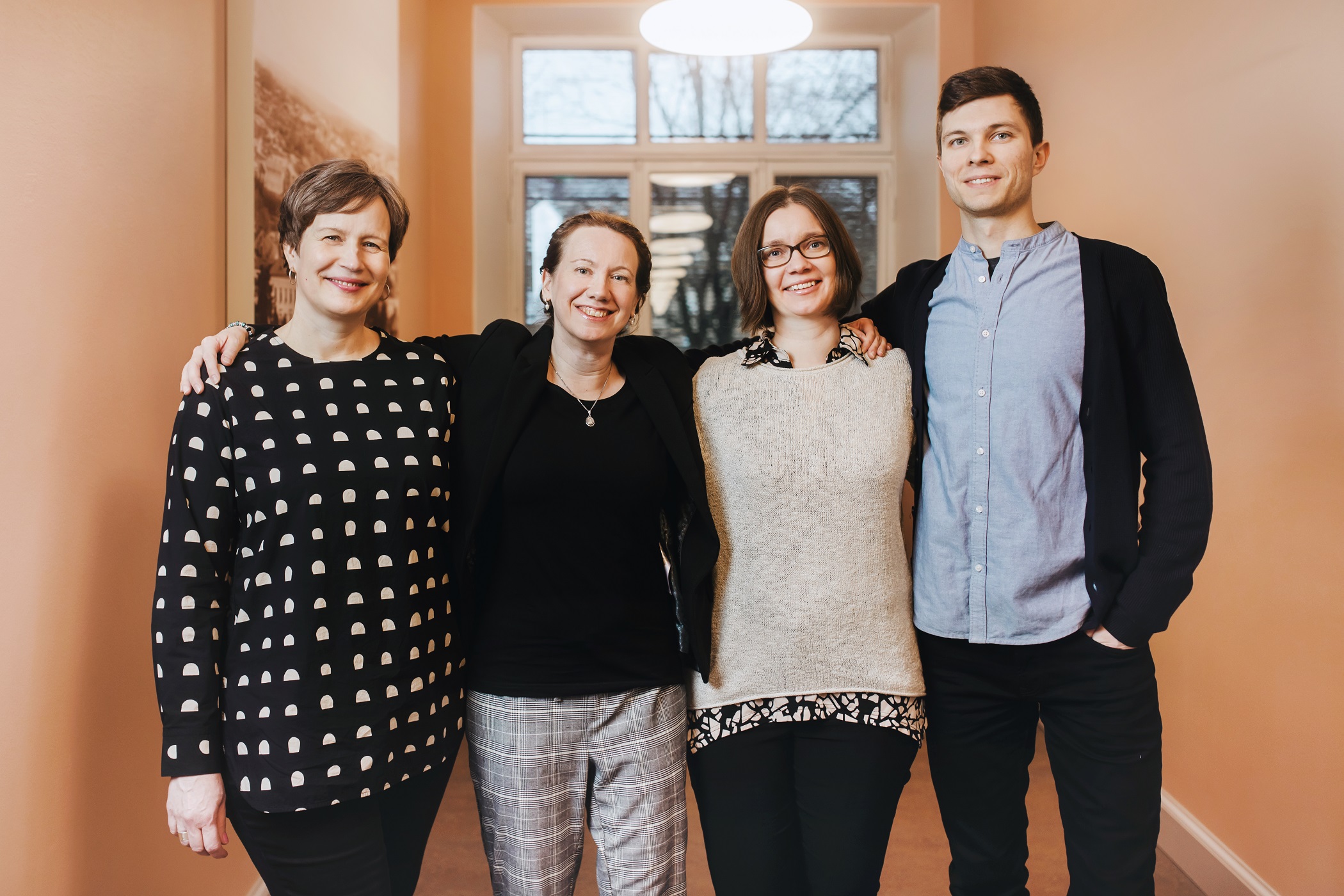
Many factors can increase the risk of digital and social exclusion among people of migrant background, including limited Finnish language skills, illiteracy, poverty, a lack of social support networks, and unfamiliarity with the service systems.
We will produce information about everyday problems, concerns and needs related to digital services, as well as ways to overcome them by means of various support services.
We want to determine which factors related to digital health and welfare service use exclude migrants in the most socially vulnerable position if they are not prepared to rely on external assistance to use the services. We will pay special attention to the role that individual, social and structural factors play in the emergence of digital use problems and in their solutions.
The multiculturalism theme involves a mixed methods study consisting of two interrelated sub-studies.
In the first of these, we use survey data to investigate how older Russian-speaking migrants use digital technologies and services. We will utilise nationally representative CHARM (Care, Health and Ageing of Russian-speaking Minority in Finland) data collected at the University of Helsinki in 2019.
In the second part, we will investigate obstacles to digital health and welfare service use, and possible solutions to support their use, experienced by working age and older people from migrant backgrounds. The data will be collected through individual qualitative interviews and by observation. We will cooperate with the public sector and the digital service training and support services provided by third sector organisations.
The work package leader is Professor Anne Kouvonen from the University of Helsinki.

Research group at the University of Helsinki: Ulla Buchert, Anne Kouvonen, Laura Kemppainen ja Nuriiar Safarov.